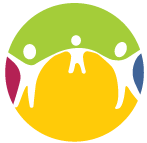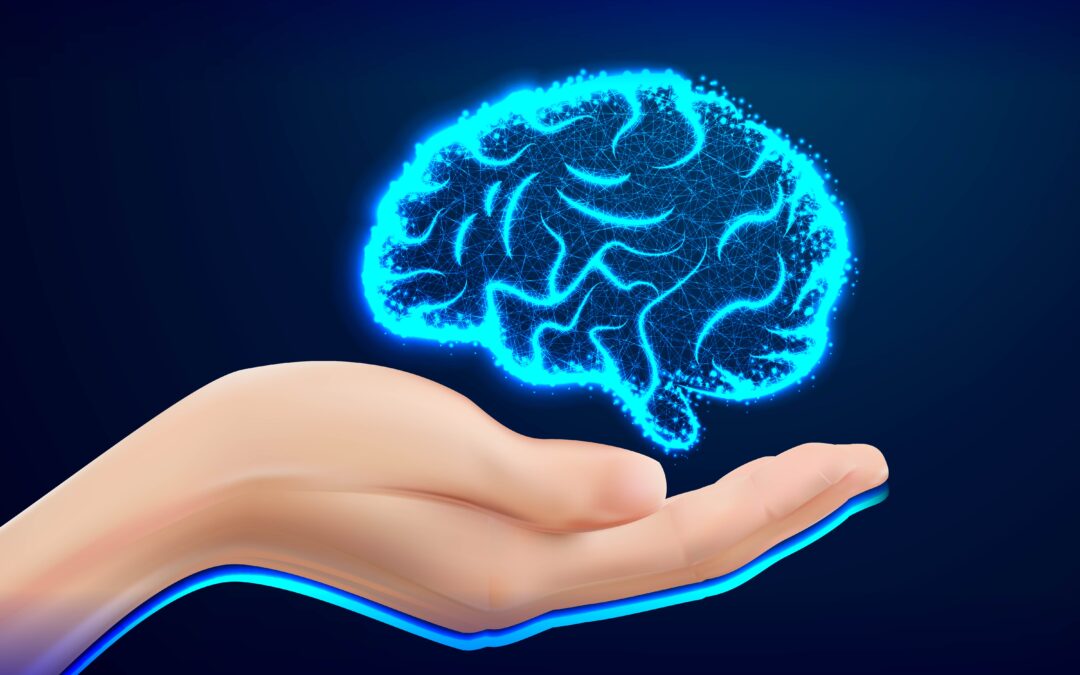As a new mom, I once decided that I would measure my success as a mother by whether my children lied to me. Looking back on this, I want to reach out and give myself a big, reassuring hug and tell my younger self that this was a very unrealistic and ungenerous expectation of myself and my girls. I had some idealized version of childhood, someone else’s childhood, that didn’t include lying to parents. Now I find comfort in the words of Maya Angelou: “When you know better, you do better.” I certainly know now that lying is part of growing up and that everyone is entitled to a few secrets.
There was a time in my life when I thought praising kids, catching them doing something right, and meting out discipline judiciously was the way to build character in children from any background. All this is consistent with the learning theories I was taught and all the Star Charts that showed up everywhere for so long. Now I know better: Star Charts only strengthen known skills; they don’t teach them. Even worse, they can add to the stress kids feel or make them feel like failures. Never good.
I now know that our very bodies are built for love; that our brains get wired differently based on the love we get even before we are born. I do better now because I know that my very presence matters almost more than anything and that being patient is pure brain magic for the growing child. I know that being persistent in my love and care even when things get really hard (or when I don’t feel loved in return) really matters and that eye contact isn’t as important as standing side by side while we take a walk together. I know again that what I say is not as important as how I say it and that my disapproval is NOT NEARLY as powerful as my celebration of every success, however small.
Just like a baby will either sleep or scream to escape an overwhelming noise, hunger, discomfort or fatigue; so will any overwhelmed, overstressed brain. The protest or escape may take the form of a tantrum/meltdown, substance use, or a more socially acceptable request for a short break but the need to relieve the stress is the same; it is just a matter of degree and speed of recovery. The change I find hardest of all is to trust that, despite the meltdown 5 minutes ago, it is time for that hand massage or a relaxed round of hoops. Contingencies and consequences are off the table for kids whose brains can’t stay focused on the future because they are too afraid of the present. It is time to focus on keeping stress to a minimum and finding out what is the most effective way to remain or return to calm in this moment so we can reconnect and think this through together once we are both calm again. Regulate then briefly Relate and, only then briefly Reason. No long sermons.
Now I know that love looks like what the Christian Bible says it does: patient, kind, forgiving, full of compromise, not irritable, and not about “respect” for me but about the needs of the one I love (This is from my faith tradition. I’m confident that others offer similar guidance). I have long known how important it is to cradle an infant in loving arms while feeding them breast or bottle but now I know that the same elements that soothe the infant are powerful enough to soothe the most seriously maltreated foster child: instead of rocking, think walking or jumping or bouncing or dancing or singing or massaging as appropriate for the child’s age or expressed preference. Instead of holding face to face, think a hug, sitting side by side in the car, at the sink, or while listening to music or folding laundry. Instead of a bottle, think frequent snacks, free access to food, or textures and flavors that are culturally familiar and comforting.
I know that these children have brains well-suited to survive in their home environment: stay alert, be ready to zone out or fight, other people are not resources and may be threats, trust no one. I also know that it will take a long time and many, many positive moments with many loving people for these children’s brains to unlearn those early lessons in survival. I know that, alone, my love will not be enough. The broader the net of people who understand and are ready to deliver what this child needs, the more opportunities there will be for this uniquely wired brain to change into one more suited to function successfully in the world at large. Humans lived in large networks of extended family groups for generations before this modern world isolated us. Families still need broad circles of resources to share the work of caring for children especially when a caregiver is experiencing their own stress (Nancy calls this one “tagging out/tagging in”). This includes informed friends, family members, respite caregivers, educators, older siblings, neighbors and others who regularly interact with any child with a trauma history. This is how I avoid compassion fatigue.
I also know that I will not be able to deliver on any of this if I don’t take care of myself first. In addition to my nutrition, sleep and exercise, I also must attend to my needs for the care and support of friends and family and any activity that keeps me centered, confident and calm. I can’t help anyone return to calm if I’m not calm and, worse, my stressed-out self can quickly stress out even the calmest of children. I’m contagious that way and so are you. I also know that I must be honest with myself about how many children I can effectively care for even with the best of support networks.
I don’t want to return to child-rearing according to superstition and old wives’ tales (“Don’t pick up that baby, you’ll spoil him!” or “I can prop the bottle and get a quick work-out in!”, or “She’s just 2 months old, she won’t remember what happened.”). Nor do I want to pretend there is any one-size-fits-all solution to the needs of all the children and parents in the foster care system. I want the benefit of what science has to offer me especially when it resonates with what love looks like when I feel loved. I want to do better by being creative with what I know to be helpful when a little brain gets off to a rocky start. I hope you will join me. Stay curious, my friends.
NEWS:
- Check out the AZAFAP Event Calendar at https://azafap.gnosishosting.net/Events/Calendar.
- A COVID-friendly version of Family Camp at Chauncey Ranch in Mayer is in the works! It’s called Family Adventure Camp. It’s all outdoors with creatures, an archery field and a pond. Ready to expand the network of people your children call allies? Family Camp is a great start. Check out Chauncey Ranch at https://tontocreekcamp.com/chauncey-ranch/
- Friday night Happy Hour continues (check your email for the link) and we have a monthly training session to satisfy your licensure requirements, curiosity or life-long learning goals. Reach out to kristi@azafap.org if interested in membership or either offering.
- Certificates of attendance are issued for the training hour (held at 9 pm on the last Tuesday of the month). November 24th will explore the Therapeutic Web. Watch your email for the registration opportunity.
- This shutdown continues for those of us who understand what is at stake. Others seem to struggle to grasp that. Still others, like the teens in your home, have begun to climb the walls. You are in my thoughts. Reach out if you need an ear: cathyt@azafap.org.
- I encourage you to check out what Dr. Bruce Perry has to offer. Find his thoughts at https://www.neurosequential.com/covid-19-resources .
Thanks for listening. Take care of yourself so you can take care of others.
Cathy


Recent Comments